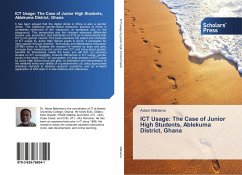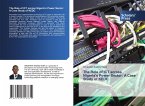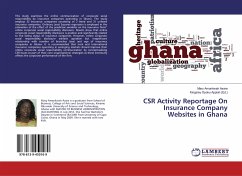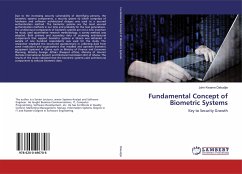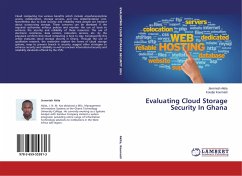It has been argued that the digital divide in Africa is also a gender divide. The traditional gender-linked behaviour learned at home is sometimes reinforced in the classroom, at workplace and on the playground. This perspective and the inherent extensive differential access, use, production, and distribution of ICTs go to demonstrate that ICT is not gender neutral. This book examines the extent and character of ICT usage by Junior High School pupils in Accra. It advocates for more spaces through Science, Technology and Mathematics Education (STME) clinics to facilitate the creation of content by boys and girls, increase their ownership and control over ICT, and bring about greater benefits for themselves. Inside the book, you will find: (a) previous studies on ICT accessibility, inherent differences in ICT usage, gender equity in the study of ICT by youngsters, (b) data analysis on ICT usage by Junior High School boys and girls, (c) estimation and interpretation of the reliability index and validity of a questionnaire, (d) using appropriate statistical methods to address research questions, and (e) in-depth application of APA style in in-text citations and references.
Hinweis: Dieser Artikel kann nur an eine deutsche Lieferadresse ausgeliefert werden.
Hinweis: Dieser Artikel kann nur an eine deutsche Lieferadresse ausgeliefert werden.

